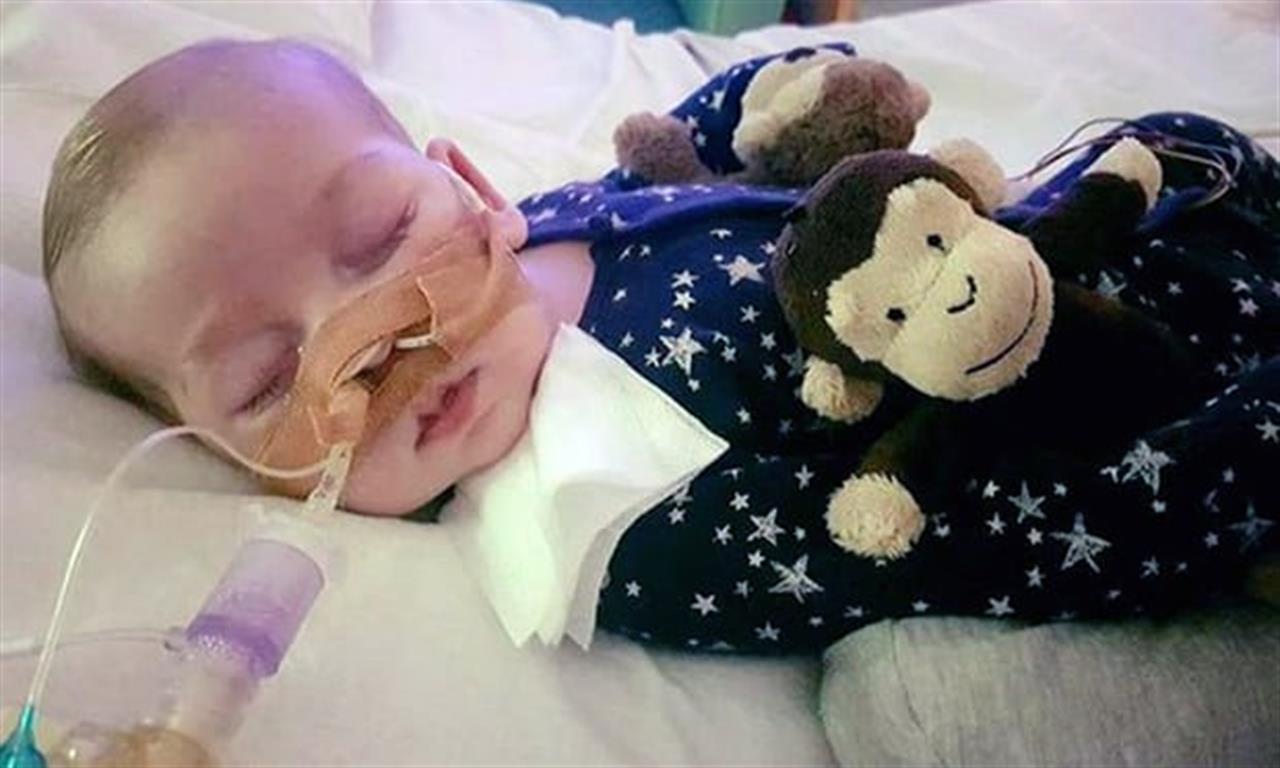
Avoiding the next Charlie Gard dispute
What steps can be taken to avoid future conflicts between family and medical staff?
In the wake of the passing of British infant Charlie Gard – who was at the centre of a treatment dispute that made international headlines – health care analysts are considering what steps can be taken to avoid future conflicts between family and medical staff.
In an editorial in the British Medical Journal, Dominic Wilkinson of the Uehiro Centre for Practical Ethics argues that “the court of public opinion is surely the worst possible place for ethically complex decisions”. Wilkinson suggests that transparency about the facts pf the case, and a better understanding of what causes doctor-family conflict, would help avoid future controversies.
“A better understanding of the epidemiology of conflict would help put cases like Charlie Gard into a broader context and identify better ways to resolve them… But without the facts, or with incorrect facts, there is a real danger of jumping to incorrect and potentially harmful conclusions.”
The editors of The Lancet agree with Wilkinson. In an editorial in the latest edition they state:
“Charlie's legacy could include further work on best practice guidelines for mediation between clinical teams and parents, agreement on a framework for use of experimental treatment, appropriate and timely focus on palliative and hospice care, and encouragement to clinicians offering alternative treatment to ensure they have full knowledge of the facts of the case.”
John Wyatt, a neonatologist and emeritus professor at University College London, suggests that we need to reflect on appropriate way to understand the doctor-patient relationship:
“A helpful concept is the expert-expert relationship. Health professionals are experts in the diagnosis and prognosis of diseases and of the medical treatments that are available. But parents too are experts – in their family history and background, in their personal concerns, goals and philosophy of life. And collaboration between experts can only work if there is openness and respect… Charlie Gard’s sad plight is focussing renewed attention on practical mechanisms for improving communication, mediation and conflict resolution between parents and doctors.”
However, few British commentators suggested changing the law, which privileges the “best interests of the child” over “deference to parental views”. As a senior judge explained in April “although the parents have parental responsibility, overriding control is vested in the court exercising its independent and objective judgment in the child’s best interests.”
Things looked quite different across the Atlantic, where many people were baffled when the court thwarted Charlie’s parents’ desire to take him for treatment in the US and to die at home. To many Americans, the outcome felt like murder. And they thanked God that the US is the only member of the United Nations which has failed to ratify the UN Convention on the Rights of the Child – which declares “In all actions concerning children, whether undertaken by public or private social welfare institutions, courts of law, administrative authorities or legislative bodies, the best interests of the child shall be a primary consideration.”
Avoiding the next Charlie Gard dispute
Xavier Symons
Creative commons
https://www.bioedge.org/images/2008images/FB_charlie_gard.jpg
